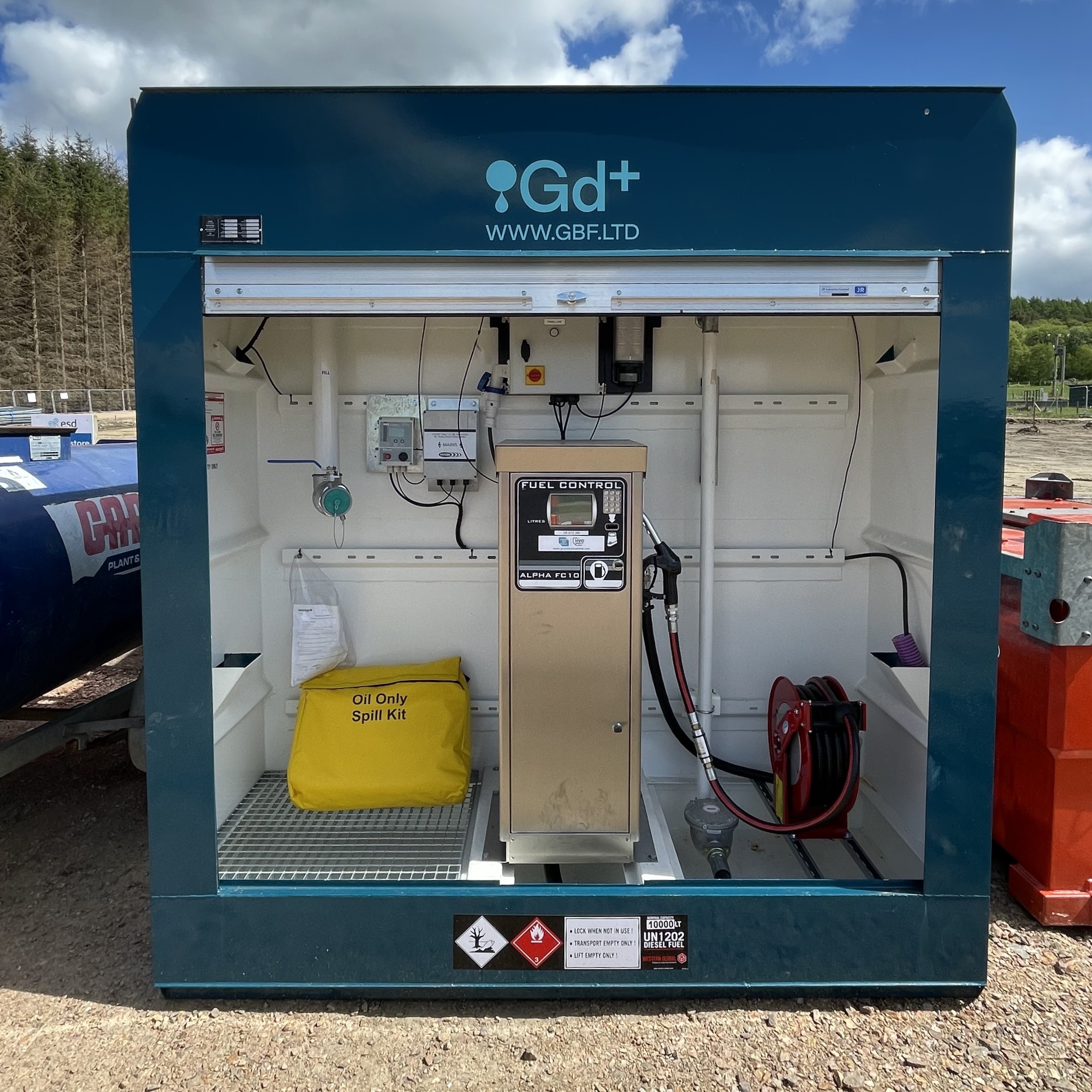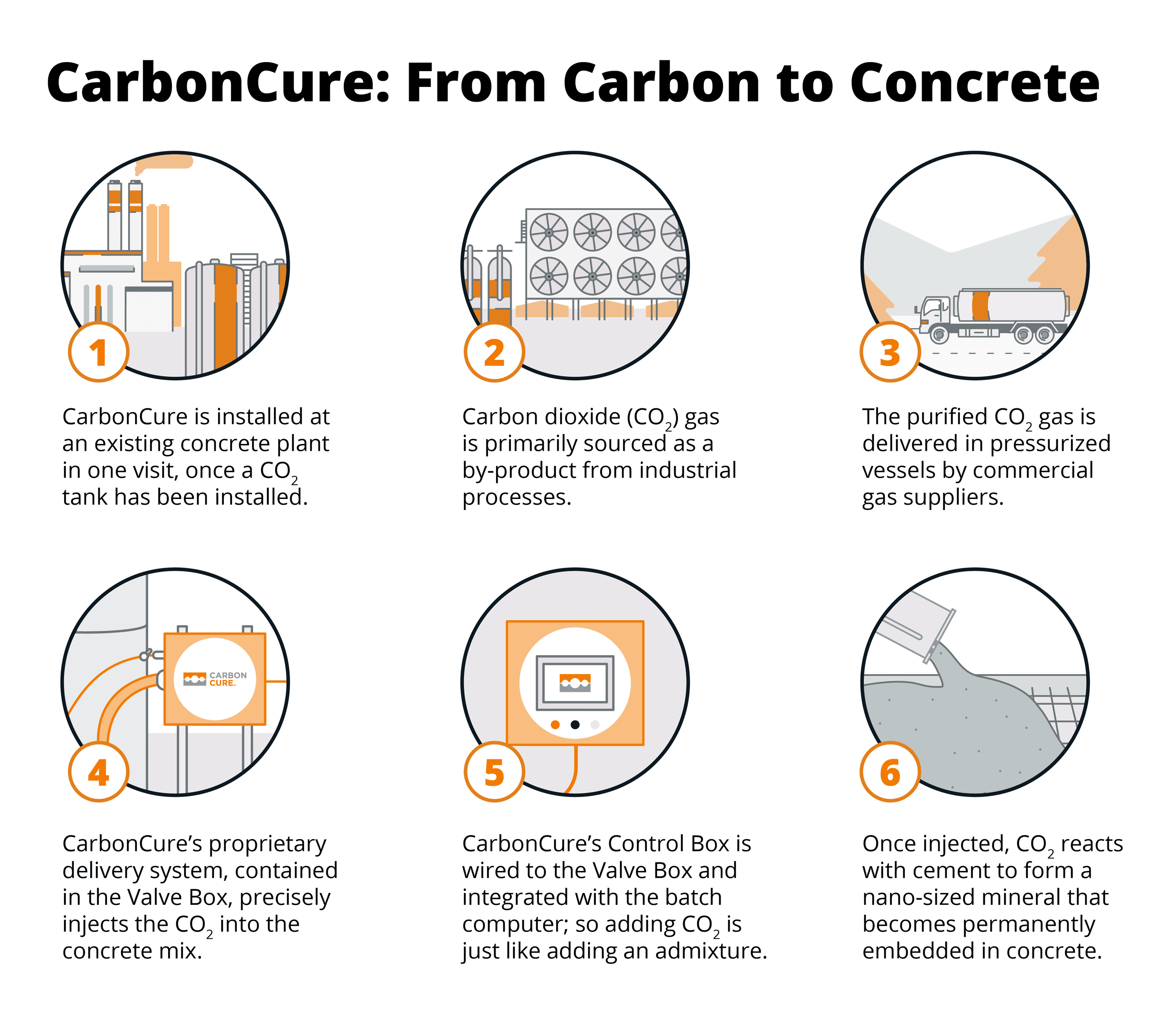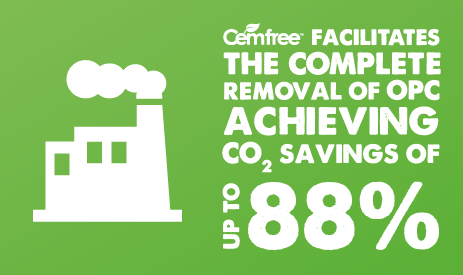Carbon Reduction Initiatives
At ESD, we are always looking for new ways to protect the environment within construction and design
Fuel - HVO
One of our main strategies that is already in operation on Herricks, Alloa & Winchburgh, is Hydrotreated Vegetable Oil (HVO) fuel, which is a straight swap alternative to diesel and provides up to a 90% carbon reduction when compared to traditional white diesel.
This can be used in all diesel powered plant and equipment on our sites and we aim to use this as the main fuel on all projects moving forward.


Concrete - Carbon Cure

Carbon Cure are an American company that has produced a technology in which they inject captured CO2 into standard GGBS blended mix concrete. This acts like a normal concrete and can be designed to any desired strength. The process of doing this allows for an additional 5% reduction on top of the reduction already given by the GGBS percentage. They have equipment up and running at the Breedon plant in Glasgow, however they have approached other suppliers around Scotland to install the equipment, hopefully, allowing for a greater area of distribution to our sites.
Trials are underway on Scottish Water projects and ESD are looking to start implementing this on our projects moving forward.
Cemfree Concrete
Cemfree are a supplier of ultra low carbon concrete products which can give reductions of up to 80% when compared to traditional OPC concrete. Their products include different types of binders, mortar and blocks.
Scottish Water have have already trialled Cemfree Optima on some of their projects, this product is powder based and is more applicable for blocks and mortar. Cemfree Ultra is also powder based and is more applicable for precast solutions. Cemfree Rapid is a liquid activator and is similar to a tradiotonal ad-mixture which is added into the concrete in place of OPC, making it act like a standard GGBS mix.
ESD, along with Scottish Water will be trialling Cemfree Rapid on our Shieldhall project and we will look to implement it on a wider scale if trials are successful.



